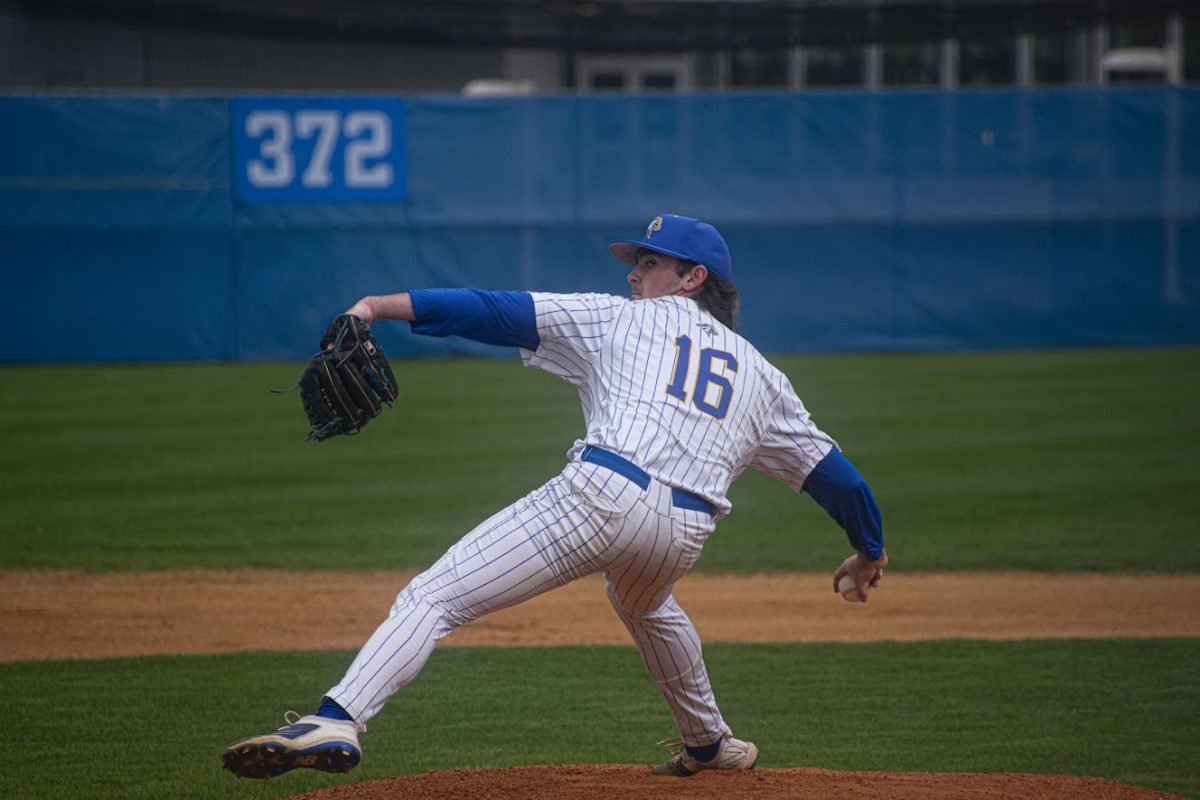Weighing less does not always allow athletes to perform at a higher level. According to Dr. Mark Tarnopolsky, a muscle metabolism researcher and physiologist at McMaster University in Ontario, every individual has a point at which further weight reduction begins to inhibit athletic performance.
Theoretically, as an individual’s weight goes down, his or her body’s ability to oxygenate muscles during exercise goes up. However, if a person loses too much weight, his or her body will begin burning its own muscle mass for fuel. Less muscle means less strength, causing the athlete (or person exercising) to experience a decline in performance.
Dr. Tarnopolsky, a nationally ranked triathlon athlete, recorded his and a few friends’ VO2 maxes (the body’s ability to disperse oxygen to muscles) after gaining and losing weight. At 156 pounds, Dr. Tarnopolsky had a VO2 of 86 milliliters of oxygen per kilogram of body weight, but when his weight dropped to 152 pounds, his VO2 went down to 82.
Although physiologists agree that there is no perfect formula to determine a person’s ideal weight, there are a few that have some theories. Tom Fleming, a former elite runner and two-time winner of the New York City Marathon, believes that the perfect weight is the weight an athlete is on the day he achieves his personal best.
When it comes to measuring that performance, “Your body will tell you,” Fleming said.
Finding the perfect weight also depends on what sport or activity a person plans to carry out, as well as the duration of the physical activity. It is also important to consider that the more a person exercises, the more energy (coming from food) he or she must take in.







